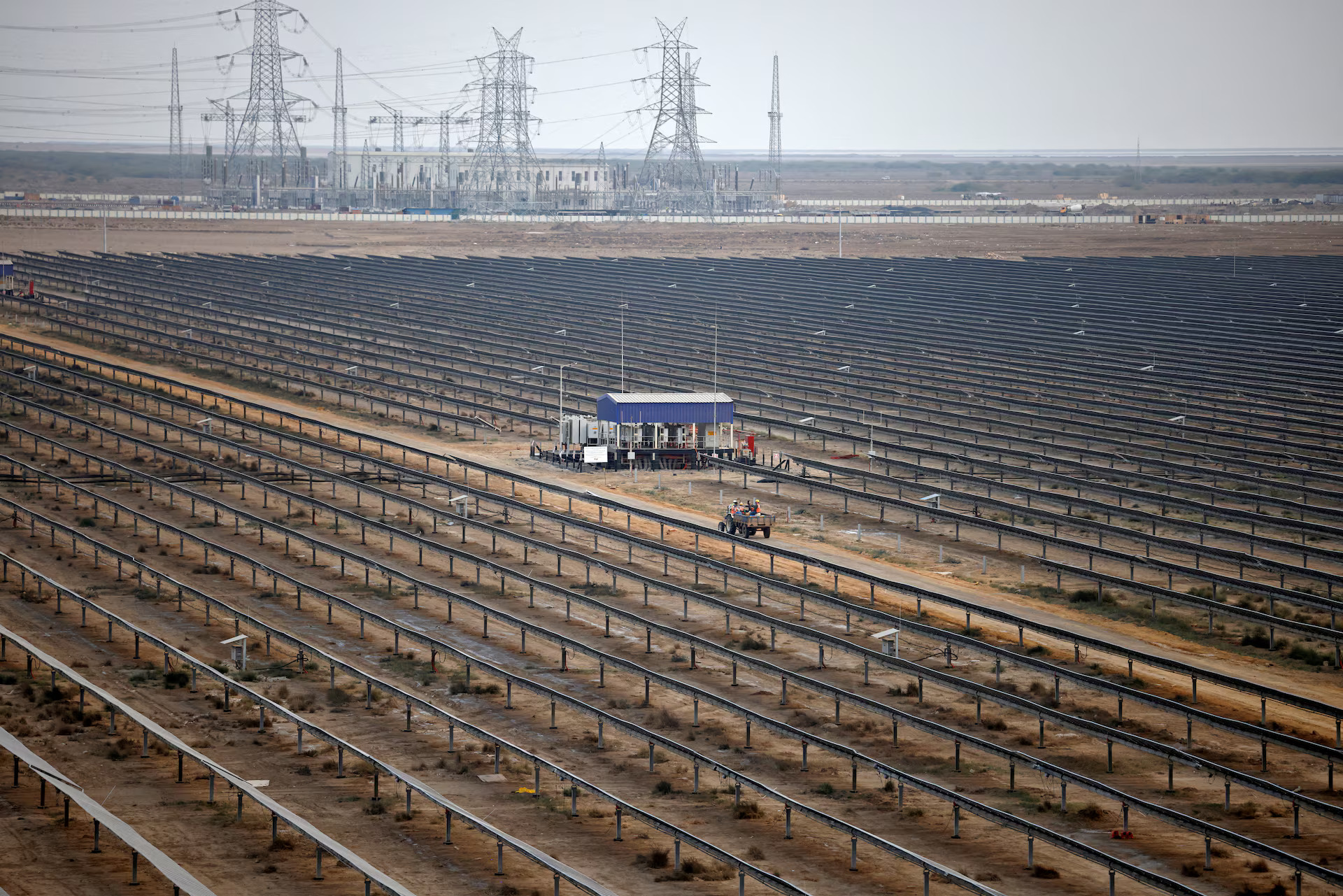Climate change funding talks stuck ahead of COP29 summit. With just five months to go before this year’s U.N. climate summit, countries cannot agree on the size of a global funding bill to help the developing world fight climate change – let alone how to split it.
The decision is set to dominate the COP29 climate talks in Azerbaijan in November, where nearly 200 countries need to agree on a new annual financing target for helping poorer countries cut their emissions and protect their societies in a harsher, hotter world.
The new target will replace the yearly $100 billion that rich countries had pledged in climate finance from 2020. That goal was met two years late.
But preliminary talks this week in Bonn, Germany, have yielded no major breakthroughs. Instead, the talks again exposed the unyielding rifts among the world’s biggest economies over who should be paying most to fight climate change – and how much.
Climate change funding talks stuck ahead of COP29 summit
Speaking at the end of the talks on Thursday, U.N. climate chief Simon Stiell lamented the slow progress and said governments’ ministers would need to intervene to help unstick the talks ahead of COP29.
“We’ve left ourselves with a very steep mountain to climb,” Stiell said.
Representatives from climate-vulnerable nations said it was hard watching wealthy nations fall late with past payments of climate finance while quickly approving new funds for military responses to war or spending billions subsidising CO2-emitting energy sources.
“It seems like money is always there when it’s a more ‘real’ national priority for the country,” Michai Robertson, negotiator for the Alliance of Small Island States, told Reuters.
GETTING THE NUMBER RIGHT
The new financing target is the core tool that global climate talks can deliver to fund projects that reduce planet-warming emissions – such as renewable energy or low-carbon transport.
With all countries due to update their national climate targets next year, negotiators fear failure could lead to weaker efforts.
“How are you going to move forward if there’s no financing?” said South African climate negotiator Pemy Gasela. Her country is among many developing nations warning they cannot afford to cut emissions faster without more financial support – in South Africa’s case, to swap a heavy reliance on CO2-emitting coal for clean energy.
Yet wealthy countries are wary of setting a target too high and risking it going unmet. The missed $100 billion target became politically symbolic in recent U.N. climate talks, stoking mistrust between nations as developing countries argued the world’s economic powers were abandoning them.
Diplomats in Bonn have circled the issue of how much money to put on the table.
While countries agree $100 billion is too low, there is little chance they would agree to summon the $2.4 trillion per year that the U.N. climate chief in February said was needed to keep the world’s climate goals within reach.
Read more at Reuters.com


Leave a Reply